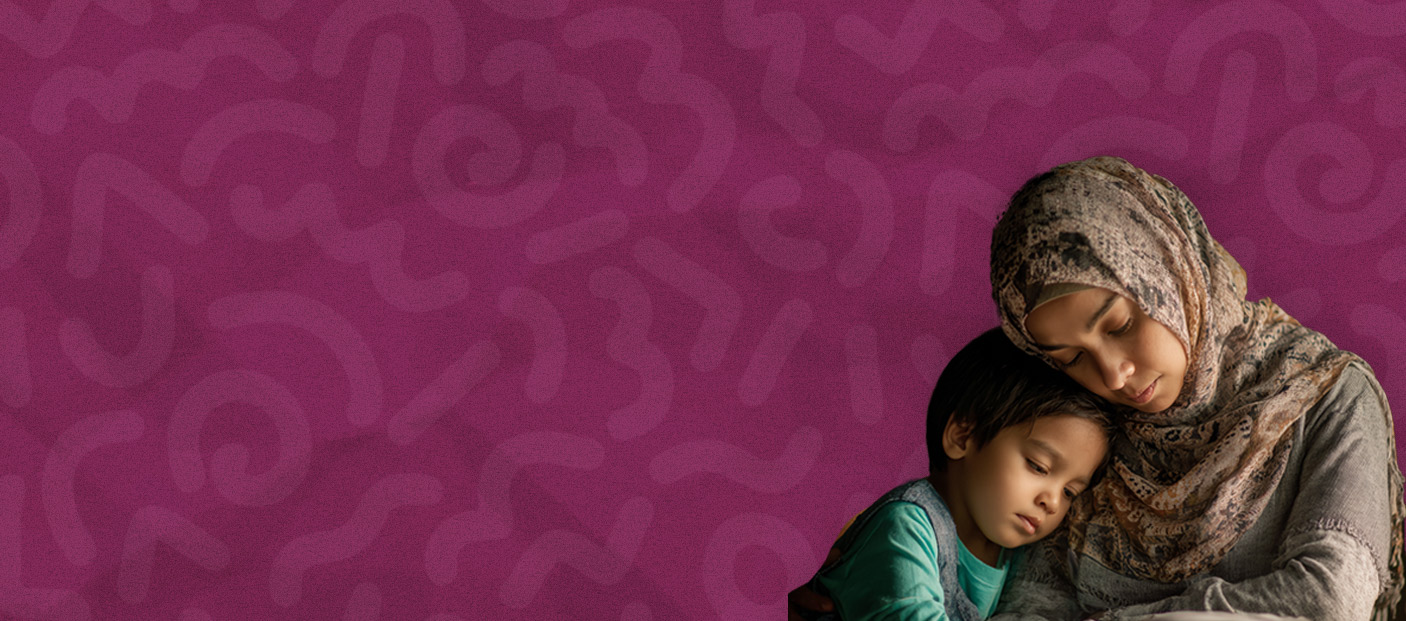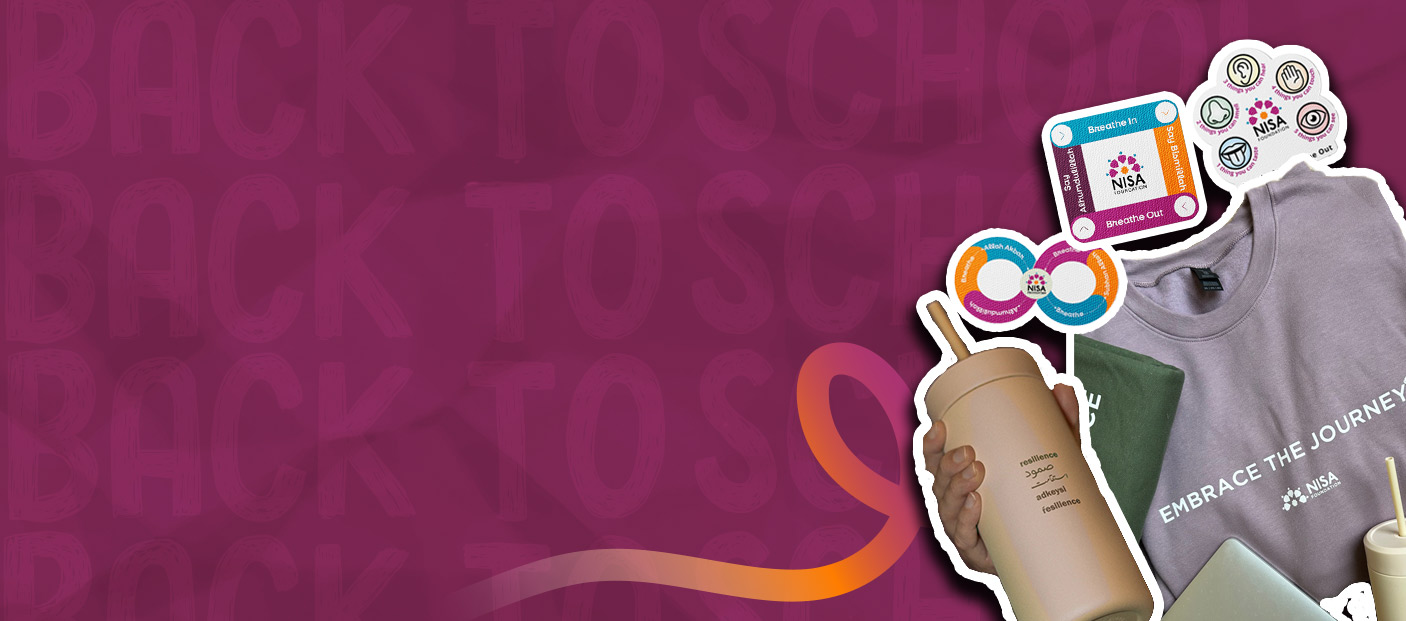Contrôler ou prendre soin de soi : comment faire la différence dans votre relation
Contrôler les gens met souvent à rude épreuve leurs relations en dominant les relations amoureuses, les amitiés et d'autres contextes sociaux pour obtenir ce qu'ils veulent. Interagir et dialoguer avec des personnes contrôlantes peut souvent être épuisant et néfaste pour votre santé mentale.
Dans les relations, des signes subtils de contrôle peuvent se manifester de différentes manières. Il peut s'agir d'un partenaire qui surveille constamment vos allées et venues, qui remet en question chacun de vos mouvements ou qui vous isole de vos amis et de votre famille.
Peu à peu, le partenaire dominant prend le contrôle et vous vous retrouvez à contourner ses attentes et ses exigences sur la pointe des pieds. Ce changement progressif de la dynamique du pouvoir peut mener à des formes plus graves de maltraitance, telles que des violences physiques ou émotionnelles.
Cet article met en évidence divers signes de contrôle du comportement dans une relation et leur comparaison avec des relations plus saines.
Types de comportements contrôlants
Critiquer rapidement
Cela peut apparaître comme une personne qui voit continuellement quelque chose qui ne va pas chez les autres et qui est prête à les critiquer. Ils adoptent souvent une attitude pessimiste et critique, mettant l'accent sur les défauts et ne reconnaissant jamais les bonnes choses. Ce type de comportement peut être néfaste à la fois pour les personnes critiquées et pour les critiques elles-mêmes, car il peut favoriser un environnement hostile.
Il est essentiel de garder à l'esprit que si les critiques constructives sont utiles, le fait d'être trop critique sans apporter de soutien ou d'encouragement ne fait que nuire aux autres.
Un voyage de culpabilité
Cela peut ressembler à un blâme excessif ou à une manipulation de la victime pour la culpabiliser de ses actes ou de ses décisions. Il s'agit souvent d'un chantage émotionnel, où la personne contrôlante utilise des tactiques telles que des soupirs exagérés, des larmes ou « un traitement silencieux » pour faire en sorte que l'autre personne se sente responsable de son malheur.
Parmi les exemples de culpabilisation, citons le fait de culpabiliser quelqu'un pour avoir donné la priorité à ses propres besoins et désirs par rapport à ceux d'une autre personne ou en utilisant des phrases telles que « si tu m'aimais vraiment, tu le ferais pour moi ».
En jouant sur la culpabilité d'une personne, l'individu contrôlant espère obtenir ce qu'il veut dans une situation donnée.
Éclairage au gaz
L'éclairage au gaz peut amener le manipulateur à nier ou à déformer les événements ou à rejeter les sentiments et les émotions de la victime, la faisant ainsi se sentir invalidée et impuissante. Le manipulateur déforme la réalité des expériences de la victime, la faisant douter de ses propres perceptions et de sa santé mentale.
L'intimidation
L'intimidation est une stratégie clé pour maintenir la domination et le contrôle dans une relation. Les tactiques courantes incluent le fait de crier ou de proférer des menaces pour contrôler la victime. Une personne contrôlante peut également menacer la sécurité de la victime et recourir à l'intimidation physique, en claquant des portes ou en frappant des murs pour semer la peur.
Possessif
Les comportements possessifs impliquent le besoin constant de surveiller et de dicter les actions et les choix de la victime. Le partenaire possessif peut isoler son partenaire de ses amis et de sa famille, exigeant toute son attention et son temps. Ils peuvent également faire preuve d'un comportement agressif lorsque leur partenaire interagit avec quelqu'un d'autre, agissant de manière possessive au fil de leur temps et de leur affection.
En fin de compte, la possessivité dans une relation de contrôle constitue une violation des limites personnelles et de l'autonomie.
Le contrôle du comportement est-il sain dans une relation ?
Le comportement d'un partenaire autoritaire cherche à transformer l'imaginaire en réalité ; il vise à atténuer sa propre anxiété en éliminant toute incertitude et tout doute dans la relation. Les traumatismes du passé, qui sont basés sur la peur ou l'anxiété suscitées par des expériences antérieures, peuvent également contribuer au besoin de contrôle. Cela peut prendre la forme de stratégies telles que la critique, les menaces, l'humiliation et l'isolement. Pour maintenir leur perception de contrôle, les personnes contrôlantes s'efforcent de blâmer les autres et de manipuler les événements.
Le contrôle du comportement peut donner à une personne l'impression de ne pas avoir d'autonomie ou d'indépendance. Cela peut entraîner un sentiment d'étouffement et une perte d'estime de soi, ébranler leur confiance en soi et les amener à douter de leurs propres capacités et décisions.
Les relations qui deviennent dépendantes du désir de l'une des parties d'exercer un contrôle total (ou presque total) sur le comportement de l'autre ne sont pas considérées comme saines. Dans les cas extrêmes, cela peut même entraîner des abus émotionnels ou psychologiques, laissant la personne se sentir piégée et impuissante.
Ce déséquilibre des pouvoirs peut avoir des conséquences négatives, notamment le fait que la partie dominante manipule et dicte souvent les actions et les choix de l'autre, ce qui fait ressentir à la victime une perte totale d'individualité et d'autonomie personnelle.
Il est essentiel que nous apprenions à reconnaître ces dynamiques malsaines et à y remédier pour avoir des relations vraiment saines et équilibrées et briser le cycle de la violence.
Une relation bienveillante
Un partenaire en bonne santé est une personne qui respecte et valorise l'indépendance et l'individualité de son partenaire.
Ils comprennent l'importance de conserver des identités distinctes et encouragent leur partenaire à poursuivre ses propres intérêts et relations en dehors du partenariat.
Un partenaire en bonne santé apporte soutien et confiance, permettant à son partenaire de faire ses propres choix et décisions sans ressentir le besoin de contrôler ou de surveiller chacun de ses mouvements.
En fin de compte, une relation saine repose sur le respect mutuel, la confiance et la liberté d'être soi-même.
--------------------------------------------------------------------------
Conseils et ressources en matière de sécurité pour les femmes du Canada (lien : https://www.nisafoundation.ca/resources )
Aidez à soutenir les femmes et les enfants musulmans en leur fournissant un abri sûr, de la nourriture et des produits de première nécessité, et en leur donnant la possibilité de recommencer à zéro. Faites un don dès aujourd'hui à : https://www.nisafoundation.ca/donate
Si vous ou quelqu'un que vous connaissez recherchez de l'aide, postulez dès aujourd'hui à https://www.nisafoundation.ca/apply


.svg)








































.jpg)


.jpg)

















.jpg)










